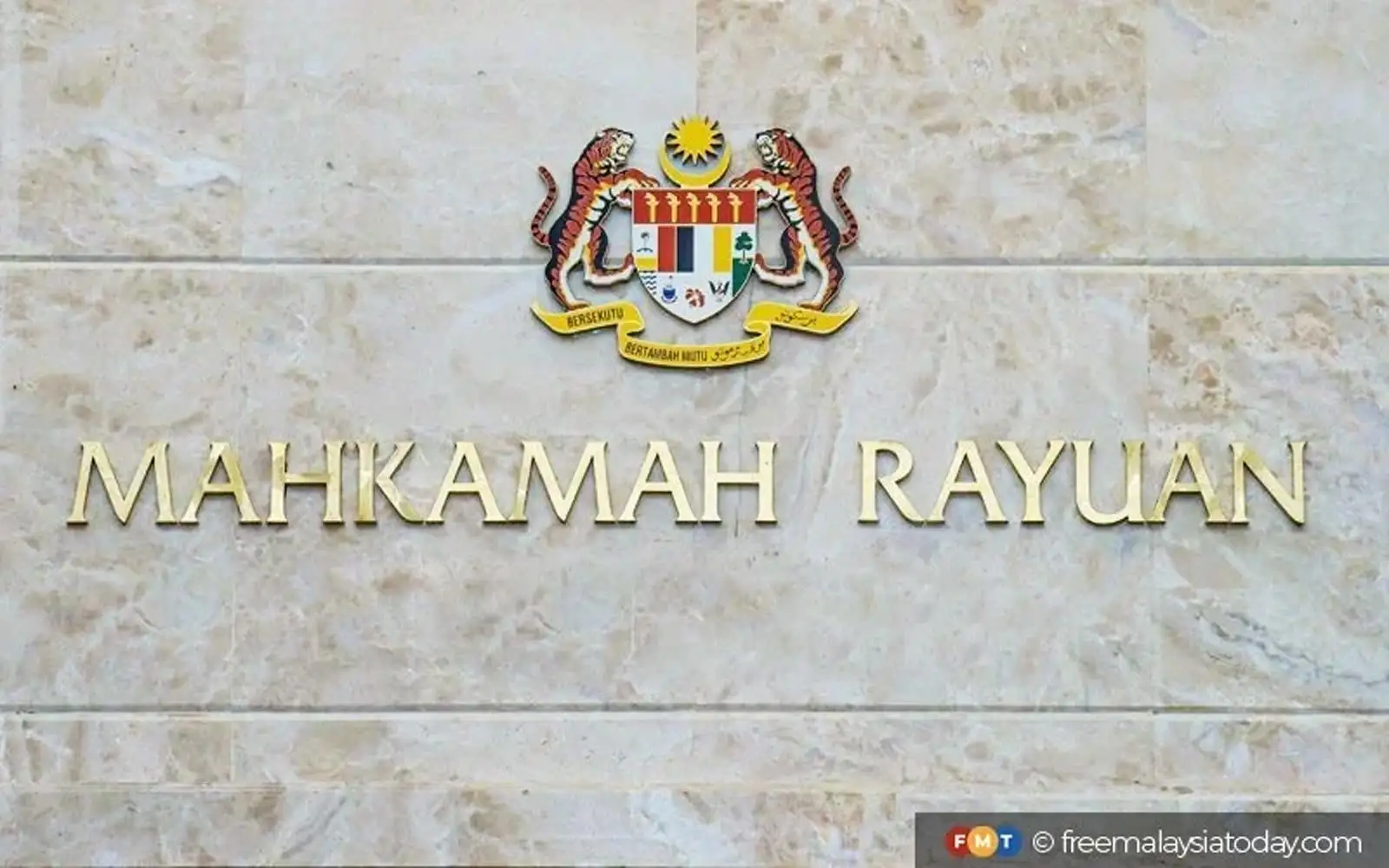The Court of Appeal is hearing an appeal by Syed Iskandar Syed Jaafar who is seeking leave to challenge the king’s refusal to act on then-prime minister Muhyiddin Yassin’s advice to declare an emergency in October 2020.PUTRAJAYA: The Court of Appeal heard today that a 1981 amendment to the Federal Constitution which prevents the courts from reviewing emergency proclamations, is unconstitutional and should be struck down.Lawyer T Gunaseelan also argued that the amended Article 150(8), which insulates the Yang di-Pertuan Agong’s decision from judicial scrutiny, undermines the separation of powers and the basic structure of the constitution.“The ouster clause has effectively shut the doors of the courts,” he said.Gunaseelan was submitting in lawyer Syed Iskandar Syed Jaafar’s appeal for leave to initiate a judicial review to challenge then king Al-Sultan Abdullah Sultan Ahmad Shah’s refusal to declare a state of emergency five years ago.Syed Iskandar is seeking to challenge the king’s refusal to act on then-prime minister Muhyiddin Yassin’s advice to declare an emergency in October 2020.Gunaseelan argued that the Privy Council – the apex court at the time – had in 1968 ruled that an emergency proclamation could be subjected to judicial review if bad faith was involved.The ruling was made in the case of Stephen Kalong Ningkan v Government of Malaysia which stemmed from a 1966 proclamation of emergency in Sarawak, following a political crisis involving the state’s leadership.Gunaseelan also said the 1981 amendment violated the basic structure of the constitution and the separation of powers doctrine.He told a three-member bench led by Justice Supang Lian that the oath of office taken by judges and members of Parliament required them to “preserve, protect and defend” the constitution.“The supreme law of the land cannot be protected if we were to remove the power or jurisdiction of the courts and judges,” said Gunaseelan, who was assisted by R Kengadharan.Also on the bench were Justices Collin Lawrence Sequerah and Alwi Abdul Wahab.He said that as a constitutional monarch, the king must act on the advice of the prime minister.Gunaseelan contended that the High Court ruling that Syed Iskandar’s suit was not justiciable had been made in error.“(The judge’s) ruling is not consistent with the scheme of our constitution where there is a separation of powers among the legislature, executive and the judiciary,” he said.Gunaseelan said the framers of the constitution had intended for the three branches of the government to act as a check-and-balance on each other.Following the amendment, Article 150(8) reads that the satisfaction of the king as to the presence of a grave emergency “shall be final and conclusive and shall not be challenged or called in question in any court on any ground”.On Feb 15 last year, Justice Wan Ahmad Farid Wan Salleh, then a High Court judge, ruled that Syed Iskandar’s application was not justiciable.He said Article 150(8) was an intrinsic part of the basic structure of the Federal Constitution.“Under this provision, the court has no jurisdiction to hear the application,” he ruled when dismissing Syed Iskandar’s suit.Wan Farid also said that the courts had always considered security matters to be of a “peculiar texture”.Syed Iskandar has named the government and then-prime minister Muhyiddin Yassin as respondents in the appeal.The hearing was adjourned and will resume on a date to be fixed at a case management on July 3.
